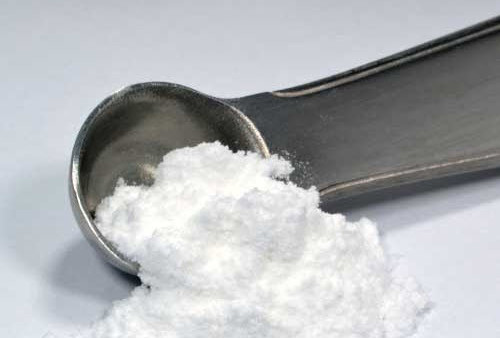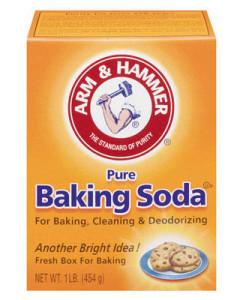
How to maximize creatine absorption?
Creatine absorption and citric acid
It’s usually recommended not to mix creatine with acidic drinks such as grapefruit or orange juice since the citric acid might prevent creatine from being absorbed effectively. Others argue that, the effect of citric acid on creatine is minimal considering creatine will also be exposed to the stomach which is a much more acidic environment, and since creatine survives stomach acid it can also be mixed with acidic beverages without significant degradation as long as you consume them within a few hours after mixing.
Let’s get our facts straight. According to the study “The creatine-creatinine equilibrium. The apparent dissociation constants of creatine and creatinine“, after 25 hours in a solution with a pH of 1, only 2% of creatine is degraded to creatinine. Apparently, degradation is highest when creatine is exposed to a pH between 2 and 5. Considering the acidity of liquids that people usually do not recommend such as grapefruit juice (pH 3.2) isn’t that different to that which people do recommend such as grape juice (pH 3.4), I’d conclude it doesn’t really make too much of a difference.
Creatine absorption and water
You’ve probably been told not pre-mix your creatine since it will break down over time when dissolved in a liquid. The problem is that there doesn’t seem to be a consensus regarding the exact time it takes for creatine to be degraded to the waste product creatinine, some claiming degradation could take effect in as little as 30 minutes and others that creatine levels do not decrease much for at least a day or three. If you want to play it safe, drink the mixture as soon as possible after dissolving the creatine. There are shakers available with separate compartments so this should not prove to be a major hassle.
Creatine absorption and baking soda

According to the study “Combined creatine and sodium bicarbonate supplementation enhances interval swimming“, creatine’s effects might be amplified by combining intake with sodium bicarbonate commonly known as baking soda. This is a little know fact, probably because supplement companies can’t make money off a cheap universally available cooking ingredient.
Its synergy with creatine isn’t the only benefit offered by sodium bicarbonate, by the way. Here are some other studies suggesting increased sports performance at the recommended dose of 0.3 g per kg of bodyweight taken 60 to 90 minutes before a workout;
- +34% time to exhaustion and +91% total work during HIIT (Feb 29, 2012)
- Synergistic and superior effects compared to beta alanine (Feb 20, 2012)
- Protection against stress induced damage to white blood cells (Nov 28, 2011)
- Increased performance in tennis players (Nov 4, 2010)
Creatine absorption and food
It’s best to take creatine on an empty stomach for several reasons;
- The ingestion of a meal will decrease the acidity of the stomach drastically to the pH levels at which creatine is broken down at the fastest rate as previously mentioned.
- Food sitting in your stomach will slow down the absorption of creatine, meaning it will be exposed to these less-than-ideal pH levels for a longer period of time.
Update May 2014: a new study seems to show that sodium bicarbonate has very limited effect on performance. Only during the first exercise of a workout was there a significant difference compared to placebo. They also stress that the health risks associated with increased sodium intake are probably not worth the small boost in exercise performance.
This post is also available in: Spanish
